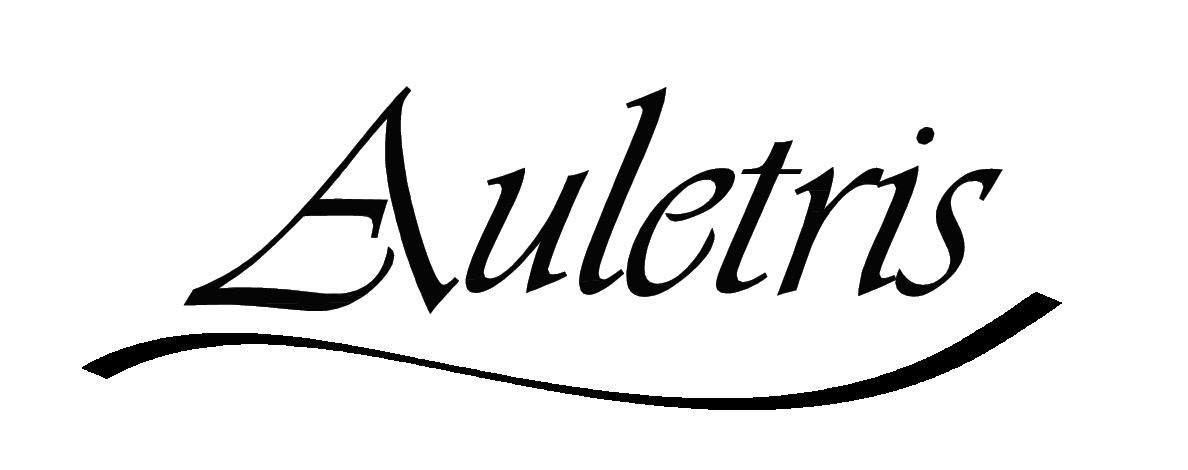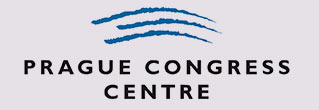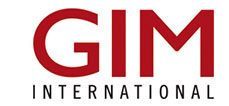Manual for Submitters
ABSTRACT for the ISPRS Archives
Explanation:
- Submitted Abstract is reviewed
- Final paper will be in the ISPRS Archives
Archives
The International Archives of the Photogrammetry, Remote Sensing and Spatial Information Sciences is the series of peer-reviewed proceedings published by the International Society of Photogrammetry and Remote Sensing (ISPRS).
Since 2011, the Archives are published under the Creative Common Attribution 3.0 License, see for details.
The Archives are listed in the ISI Conference Proceedings Citation Index (CPCI) of the Web of Science, SCOPUS, and DOAJ. The ISPRS Archives and Annals have recently been submitted for indexing at the Engineering Compendex, also called Engineering Index or EI.
Abstract submission
Authors submit Abstracts selecting:
- Technical Session – determined by WG (of an appropriate TC),
- or Theme Session,
- or Special Session,
they believe the submission best fits into. The abstracts are then automatically forwarded to the corresponding session.
The recommended number is 350-400 words, maximum number of the abstract is 1500 words. The abstract must be PDF only.
Use templates for abstract.
Deadlines:
- 7th January 2016 - abstract submission,
- 21st February 2016: Author is notified about acceptance,
- 10th March 2016: Author is notified about the paper location in the programme – oral/interactive session,
- 9th April 2016: Final Paper delivery,
- 14th April 2016: Early Bird registration fee payment for the paper to be included in the ISPRS Archives
Recommendations for Authors: Abstracts
Each author should take into account that reviewers will look for answers on following questions in Abstracts:
- Innovation
Does the abstract indicate original work?
- Quality of content
Is the abstract informative, i.e. does it describe a problem, solution and assessment of results?
- Relevance
Does the subject fit within the call for papers? Do the results have a practical relevance? Will results impact other research?
- Presentation
Is the abstract well written?
Full Paper Submission for The ISPRS Annals
Explanation
Submitted Full Paper is double blind reviewed.
Final paper will be in The ISPRS Annals.
Annals
The ISPRS Annals of the Photogrammetry, Remote Sensing and Spatial Information Sciences contain full paper double-blind peer-reviewed scientific contributions of ISPRS Congresses, Symposia and a number of Conferences and Workshops. The series was newly established in 2012.
The Annals are open access publications, they are published under the Creative Common Attribution 3.0 License, see for details.
The Annals are listed in the ISI Conference Proceedings Citation Index (CPCI) of the Web of Science, and DOAJ. Application for including them into SCOPUS and the Engineering Compendex, also called Engineering Index or EI have been submitted.
Full Paper submission
Authors submit Full Paper selecting
- Technical Session – determined by WG (of an appropriate TC),
- or Theme Session,
- or Special Session,
they believe the submission best fits into. The Full Papers are then automatically forwarded to the corresponding session.
Use templates for full paper.
Deadlines:
- 13th December 2015: Full Paper submission
- 21st February 2016: Author is notified about acceptance,
- 10th March 2016: Author is notified about the paper location in the programme – oral/interactive session,
- 9th April 2016: Final Paper delivery,
- 14th April 2016: Early Bird registration fee payment for the paper to be included in the ISPRS Annals
For all other issues, incl. a possible conflict of interest, the rules of the Orange Book apply.
Recommendations for Authors: Full Papers
Each author should take into account that reviewers will look for answers to the following questions in Full Papers:
- Innovation
Does the paper contain original work? Has related work been properly credited?
- Quality of content
Are the employed methods appropriate? Are facts and interpretation duly separated? Are results assessed? Are the interpretations and conclusions justified by the data? Are equations correct?
- Relevance
Does the subject fit within the call for papers? Do the results have a practical relevance? Will results impact other research?
- Presentation
Is the paper well written and well structured? Are figures well readable? Are the references complete? Is the paper formatted according to the author guidelines?

























